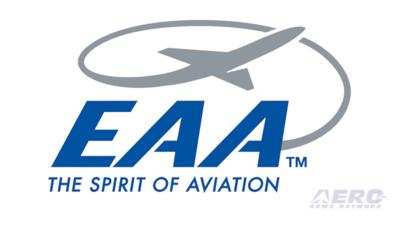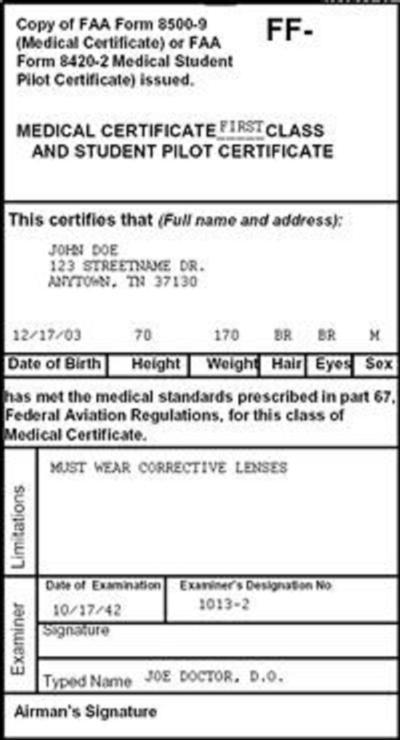Sat, Apr 06, 2024
Unsurprisingly, Stakeholders Support the Initiatives They Author
The Experimental Aviation Association has given the recent report from the FAA's Aviation Rulemaking Committee for Mental Health & Aviation Medical Clearances, an understandable position given the group's presence in the debate process.

The EAA was one of 20 voting members of the Committee, which ultimately recommended that the FAA modify its approach to mental health services for aviators, air traffic controllers, and similarly safety-sensitive personnel. The group often counsels pilots on aeromedical issues through its staff and volunteer Aeromedical Advisory Council, giving it a window into the industry that some may lack. The EAA notes a "growing number of pilots applying for FAA medical certification with mental health diagnoses over the past decade", stating that often such cases "meet with excessive delays when they reach the Office of Aerospace Medicine."

There has been a little headway in getting regulatory momentum on easing up on such delays, but the always safety-minded FAA has been leery of issuing sweeping changes without really looking at the issue from as many angles as it can. Sure, mental health issues are more common than ever before, but the infamous German wings incident looms large in the back of anyone's mind as they sign off on a potential headache down the road, and doctors are never too keen on taking on more liability.
As such the Committee's recommendations were pretty understandable, opting for a push for widespread acceptance of non-pharmacological interventions in the mental health side of flight. Therapy, when taken alone and not combined with new mood-altering medications, is specifically listed as something that should be free and clear of required disclosure. In similar fashion, they recommend a 'non-punitive pathway for pilots and controllers with previously undisclosed diagnoses to disclose to the FAA", in addition to a revisitation of the FAA's disqualification of 'properly treated' ADHD for pilot certificates. Additional advice centers around reduced use of stressful testing for certification, and minimized wait times for 'uncomplicated' and stable mental health diagnoses that are being sufficiently treated.
"I am immensely proud of what we were able to accomplish on this ARC," said Tom Charpentier, EAA government relations director and representative to the committee. "These recommendations, if implemented, will represent enormous progress in an area of policy that has a reputation of being slow to change. I am excited about these recommendations not only as a committee member, but as a pilot."
More News
From 2023 (YouTube Edition): New Propulsion Scheme Optimized for AAM Applications Founded in 2017 by Eric Bartsch, Pat Anderson, and Erik Lindbergh (grandson of famed aviation pion>[...]
During The Initial Climb, The Engine Began To Operate Abnormally And, After About Three Seconds, Experienced A Total Loss Of Power On October 29, 2025, about 1820 Pacific daylight >[...]
Aero Linx: Women in Aviation International Women in Aviation International is the largest nonprofit organization that envisions a world where the sky is open to all, and where avia>[...]
“We’ve paid for the cable line’s repair for the customer and have apologized for the inconvenience this caused them...” Source: Some followup info from an A>[...]
“We have long warned about the devastating effects of pairing optimization. Multiple times over many months, we highlighted how schedule manipulation, unbalanced schedules, a>[...]
 Classic Aero-TV: VerdeGo Debuts VH-3 Hybrid-Electric Powerplant
Classic Aero-TV: VerdeGo Debuts VH-3 Hybrid-Electric Powerplant NTSB Prelim: Grumman American Avn. Corp. AA-5B
NTSB Prelim: Grumman American Avn. Corp. AA-5B ANN's Daily Aero-Linx (12.02.25)
ANN's Daily Aero-Linx (12.02.25) Aero-News: Quote of the Day (12.02.25)
Aero-News: Quote of the Day (12.02.25) Aero-News: Quote of the Day (12.03.25)
Aero-News: Quote of the Day (12.03.25)




